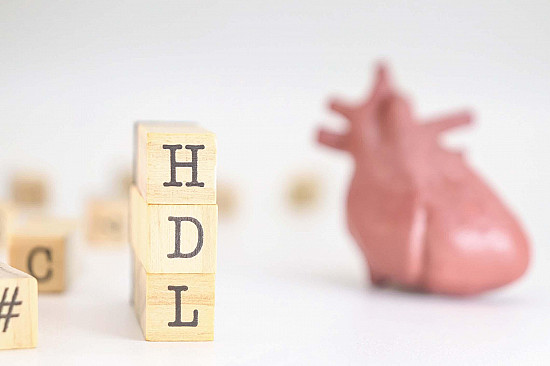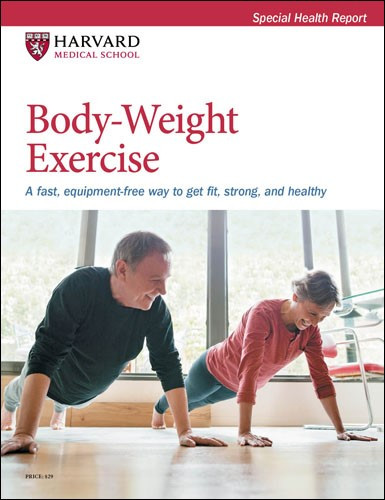Appreciating golf's cardiovascular perks
News briefs
- Reviewed by Anthony L. Komaroff, MD, Editor in Chief, Harvard Health Letter; Editorial Advisory Board Member, Harvard Health Publishing

Golf is jokingly described as a good walk spoiled. But that walk is loaded with cardiovascular health benefits — maybe even more than you'd get from an hour of brisk walking or Nordic walking, suggests a small, randomized study published online Feb. 6, 2023, by BMJ Open Sport and Exercise Medicine. Researchers asked 25 healthy, experienced golfers (men and women ages 65 or older) to complete three different types of exercise within a five-day period (just one activity per day). The exercises included one 18-hole round of golf on foot (pulling golf clubs), one hour of brisk walking, and one hour of Nordic walking (which involves the use of poles). On exercise days, participants ate identical breakfasts and snacks; had their blood pressure, blood sugar, and cholesterol measured before and after exercise; and wore activity trackers. All three activities lowered blood pressure and levels of blood sugar and cholesterol. But golf seemed to have slightly more effect on blood sugar and cholesterol, at least in the short term. Scientists speculate it's because of the game's long duration (three to four hours) and the extra energy required to drag heavy clubs around a golf course. In fact, golfing burned more than twice as many calories as the walking activities. Because the study was small, a larger, longer-term study would be needed to confirm the results.
Image: © Ronnie Kaufman/Getty Images
About the Author

Heidi Godman, Managing Director
About the Reviewer

Anthony L. Komaroff, MD, Editor in Chief, Harvard Health Letter; Editorial Advisory Board Member, Harvard Health Publishing
Disclaimer:
As a service to our readers, Harvard Health Publishing provides access to our library of archived content. Please note the date of last review or update on all articles.
No content on this site, regardless of date, should ever be used as a substitute for direct medical advice from your doctor or other qualified clinician.
















